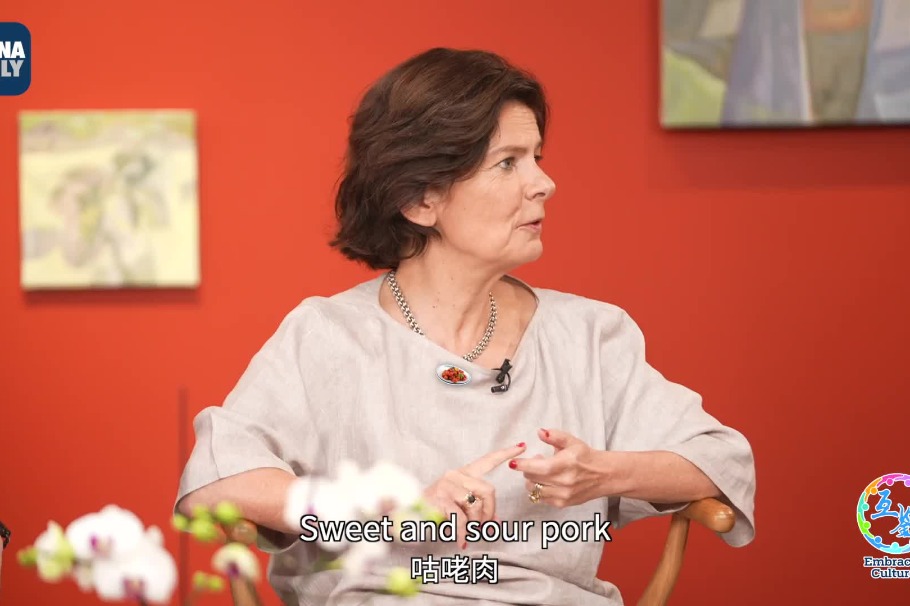變革中的中國:走進京津冀 Integration: Beijing, Tianjin and Hebei
中國日報網 2017-10-16 11:17

Whilst modern development provides a vast array of transformative advantages, a major obstacle eventually cracks the surface of prosperity in every urban centre - unsustainability. Pollution, traffic congestion, over-population, expanding infrastructures and high demand on resources emerge in the maturing of a modern city, and Beijing is no different.
現代化城市的高速發展在帶來經濟增長和便利生活的同時,也在愈漸顯露其發展背后的弊端。在每一個大城市的背后,勢必也曾或正在經歷著環境污染、交通堵塞、人口過剩、資源需求量急速增大等問題,北京也并不例外。
Enveloped by Hebei province and neighbouring Tianjin, the coordination of what is known as the Jin-Jing-Ji region offers a sustainable solution to the problems of the capital’s accelerated urbanization.
京津冀地區包括北京和其鄰近的天津及河北地區。而京津冀地區的協調發展,也正是在為北京日益凸顯的城市化高速發展背后的問題,提供一個可持續的解決方案。
By integrating Beijing with Tianjin’s port facilities and Hebei’s resources, jobs, services and populations can be redistributed through a priority-driven focus. Maximising the industrial capabilities of each region creates a format that centres around the essential, and many government agencies and business enterprises have already begun to relocate. Furthermore, coordinated urban development policies ensure environmental sustainability, whilst simultaneously overcoming and protecting against obstacles to urban development.
通過將北京與天津港口等基礎設施、河北本地的資源相結合,將不同地區的工作機會、服務設施和人口等進行重新分配。使得每一個地區都獲得資源的最優配置并充分發揮其區位優勢。目前,很多政府機構和大型企業已經開始在協調發展戰略下,進行搬遷和新的布局。
As a result, a greater balance is created throughout the Jin-Jing-Ji region, an economic triangle that ensures both opportunity and urban welfare.
與此同時,城市的協調發展有助于維護環境的可持續發展并解決城市發展與環境保護之間的矛盾。京津冀三地的協調勢必會為其整個地區的長遠發展提供更多的可能性。
(來源:中國日報網? 編輯:Julie)
?

















 英語點津微信
英語點津微信 雙語小程序
雙語小程序